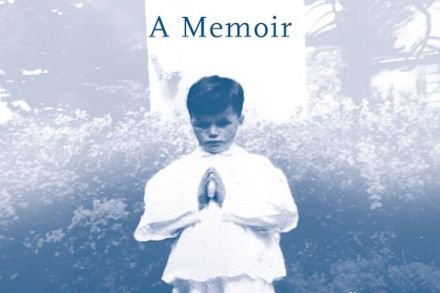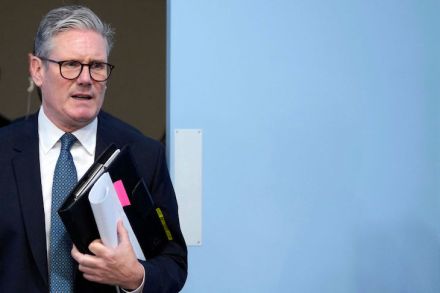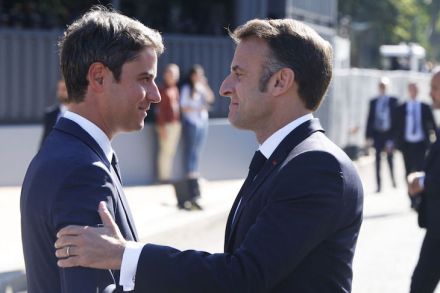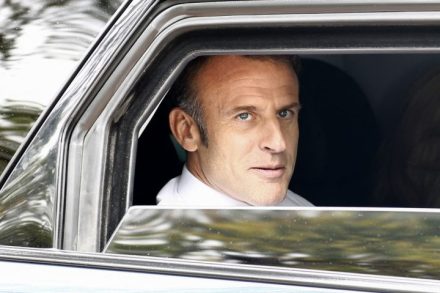Neil Jordan: Amnesiac
47 min listen
Sam Leith’s guest on this week’s Book Club is the writer and film director Neil Jordan, who joins the podcast to discuss his new book Amnesiac: A Memoir. He talks, among other things, about writing for the page and the screen, the uses of myth, putting words into the mouths of historical figures, seeing ghosts in aeroplanes, being ripped off by Harvey Weinstein, and failing to persuade Marlon Brando to play King Lear.





















